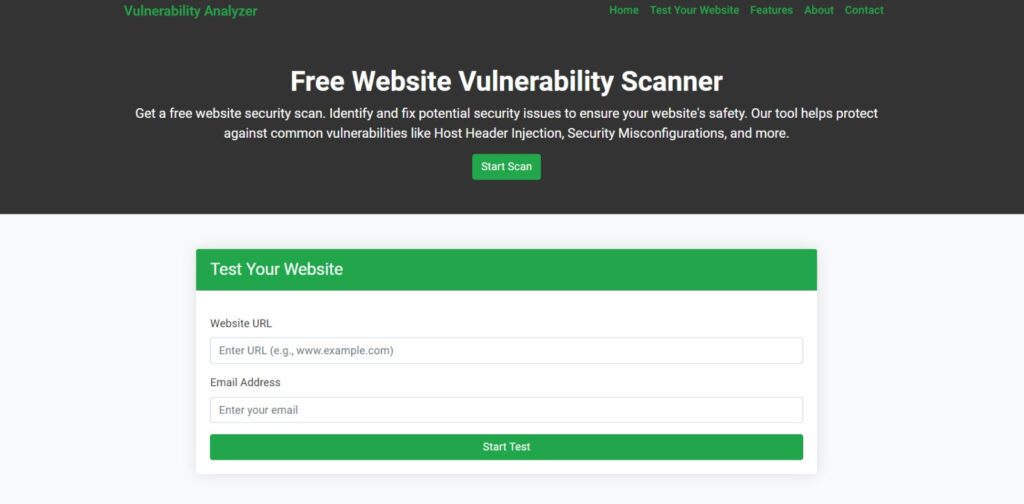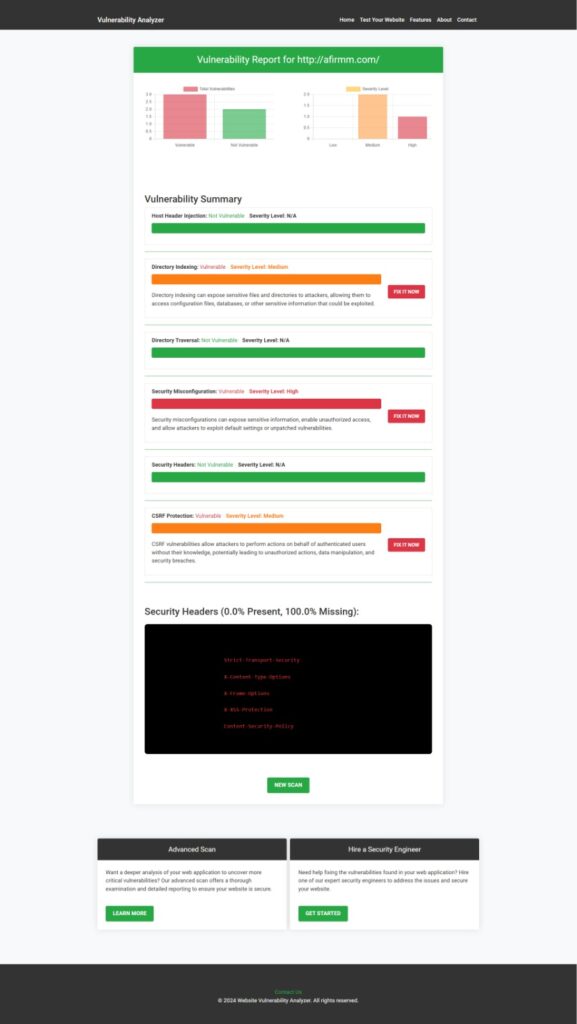5 Effective Ways to Prevent File Inclusion in OpenCart
OpenCart is a popular eCommerce platform known for its simplicity and flexibility. However, like any web application, it is prone to security vulnerabilities. One such critical vulnerability is File Inclusion in OpenCart, which can allow attackers to access sensitive files, execute unauthorized code, or compromise the entire system. This comprehensive guide explores the nature of file inclusion vulnerabilities, demonstrates real-world coding examples, and provides effective solutions to secure your OpenCart store.

What Are File Inclusion Vulnerabilities?
File Inclusion vulnerabilities occur when a web application dynamically includes files and fails to validate user inputs. Attackers can exploit these flaws to execute malicious scripts or gain unauthorized access to sensitive information.
Types of File Inclusion Vulnerabilities
- Local File Inclusion (LFI): Attackers include files already on the server, such as configuration files or sensitive logs.
- Remote File Inclusion (RFI): Attackers include files from external sources, often leading to remote code execution.
How File Inclusion Works in OpenCart
Here’s a simple PHP snippet commonly used in OpenCart that demonstrates how a lack of input validation can lead to file inclusion vulnerabilities:
<?php
// Vulnerable code example
if (isset($_GET['page'])) {
$page = $_GET['page'];
include($page . '.php'); // Dangerous dynamic inclusion
}
?>If an attacker supplies a malicious input, such as:http://example.com/index.php?page=../../../../../etc/passwd
They can potentially access the system’s password file, exploiting a Local File Inclusion vulnerability.
Real-World Exploitation Example
Consider the following scenario in OpenCart:
Vulnerable Code Example
<?php
$page = $_GET['module'] ?? 'home';
include("modules/$page.php");
?>Malicious Exploit
- Input:
module=../../config - Result: The attacker gains access to OpenCart configuration details.
5 Effective Ways to Prevent File Inclusion in OpenCart
1. Validate User Inputs
Always sanitize and validate inputs before processing them.
Secure Code Example:
<?php
$allowed_pages = ['home', 'about', 'contact'];
$page = $_GET['page'] ?? 'home';
if (in_array($page, $allowed_pages)) {
include($page . '.php');
} else {
echo "Invalid page!";
}
?>2. Use Realpath to Restrict Path Traversal
Employ realpath() to ensure the requested file resides within an authorized directory.
Code Example:
<?php
$base_dir = realpath(__DIR__ . '/modules');
$file = realpath($base_dir . '/' . $_GET['module'] . '.php');
if (strpos($file, $base_dir) === 0 && file_exists($file)) {
include($file);
} else {
echo "File not found!";
}
?>3. Disable Remote File Inclusion
Configure php.ini to disable remote file inclusion:
allow_url_include = Off
allow_url_fopen = Off4. Regular Security Scans
Leverage tools like our Free Website Security Scanner to identify file inclusion vulnerabilities.

5. Conduct Vulnerability Assessments
Generate detailed vulnerability assessment reports using our free tool to uncover and fix security flaws.

Case Study: Fixing File Inclusion in OpenCart
Learn more about other security vulnerabilities in OpenCart:
- Prevent XXE in TypeScript
- Fix Directory Traversal in OpenCart
- OpenCart Penetration Testing
- Remote Code Execution (RCE) in OpenCart
- Unrestricted File Upload in OpenCart: 7 Critical Insights
Final Thoughts
File Inclusion vulnerabilities pose significant risks to OpenCart stores. You can effectively safeguard your eCommerce platform by understanding how these vulnerabilities work and implementing best practices such as input validation, real path restrictions, and regular security scans.
Stay proactive, stay secure, and always protect your OpenCart site with the latest tools and techniques, such as ours, to test website security free.


Pingback: Prevent Directory Traversal in TypeScript ERP: Best 7 Ways